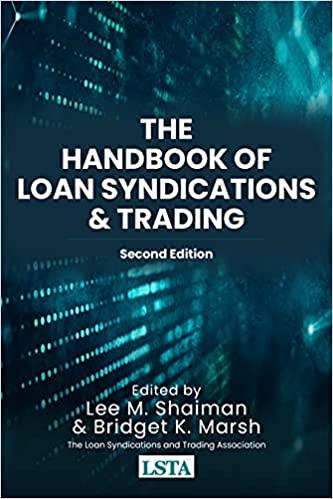Question
A. For each portfolio, calculate the risk premium per unit of risk that you expect to receive ([ E(R) - RFR ]/ ). Assume that

A. For each portfolio, calculate the risk premium per unit of risk that you expect to receive ([E(R) - RFR]/). Assume that the risk-free rate is 4.0 percent. Round your answers to four decimal places.
B. Using your computations in Part (a), explain which of these five portfolios is most likely to be the market portfolio. Round your answer to four decimal places. Portfolio (Q,R,S,T or U) has the ( Highest or Lowest) ratio of risk premium per unit of risk (_______), of these five portfolios so it is most likely the market portfolio.
C part a. If you are only willing to make an investment with = 8.7%, is it possible for you to earn a return of 8.7 percent? Do not round intermediate calculations. Round your answer to one decimal place. Expected portfolio return = (_______)
part b. It (is, is not) possible to earn an expected return of 8.7% with a portfolio whose standard deviation is 8.7%.
D. Part A: What is the minimum level of risk that would be necessary for an investment to earn 8.7 percent? Do not round intermediate calculations. Round your answer to one decimal place.
Part B: What is the composition of the portfolio along the CML that will generate that expected return? Round your answers to four decimal places.
WMKT = (_____) & W Risk Free Asset = (_______)
E. Suppose you are now willing to make an investment with = 17.1%. What would be the investment proportions in the riskless asset and the market portfolio for this portfolio? Use a minus sign to enter negative values, if any. Round your answers to four decimal places.
WMKT = (_____) & W Risk Free Asset = (_______)
Part B: What is the expected return for this portfolio? Round your answer to one decimal place.
You are evaluating various investment opportunities currently available and you have calculated expected returns and standard deviations for five different well-diversified portfolios of risky assets: Portfolio Expected Return Standard Deviation Q 7.7% 10.9% R 10.9 13.8 S 5.7 5.6 T 11.7 16.3 U 6.6 6.1
Step by Step Solution
There are 3 Steps involved in it
Step: 1

Get Instant Access to Expert-Tailored Solutions
See step-by-step solutions with expert insights and AI powered tools for academic success
Step: 2

Step: 3

Ace Your Homework with AI
Get the answers you need in no time with our AI-driven, step-by-step assistance
Get Started


